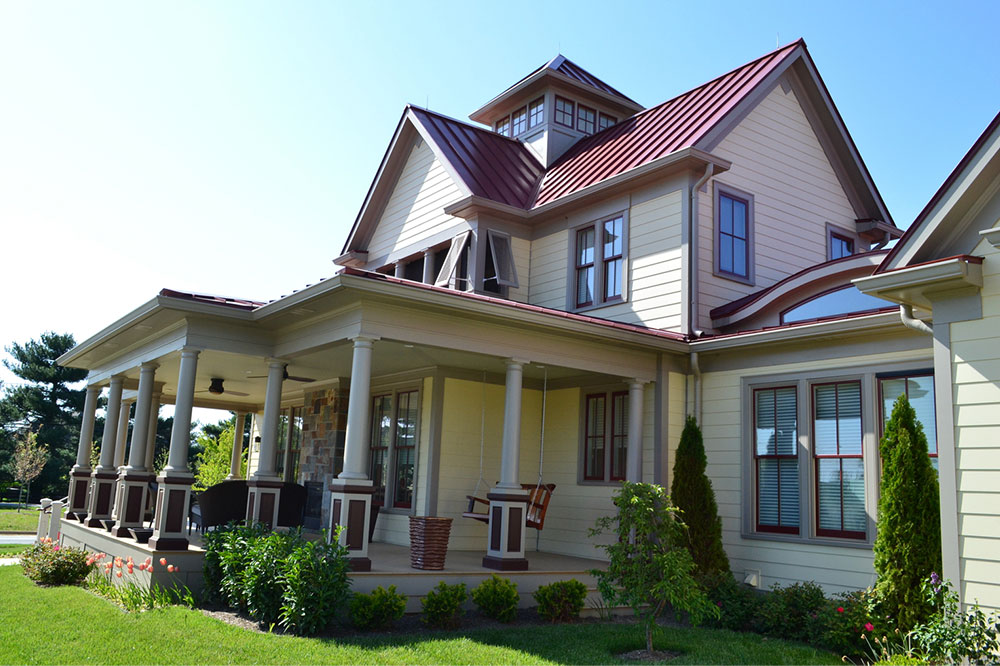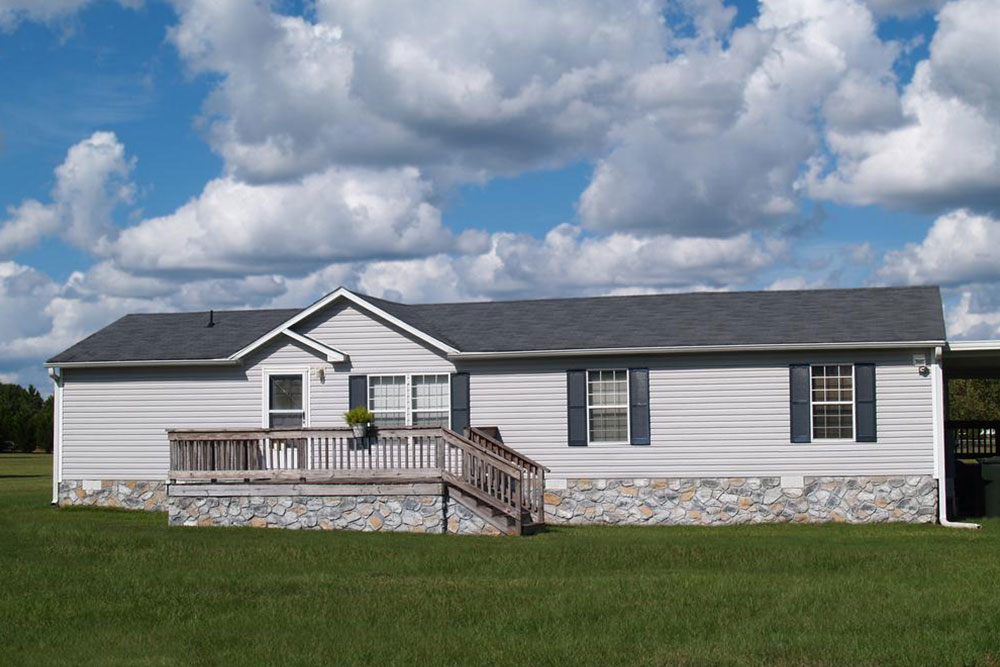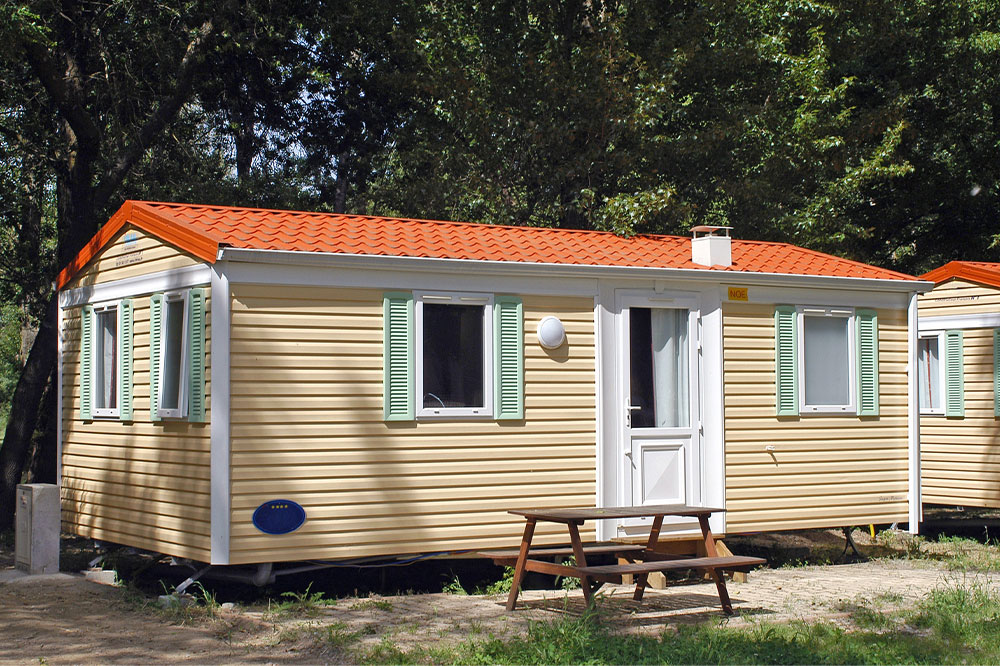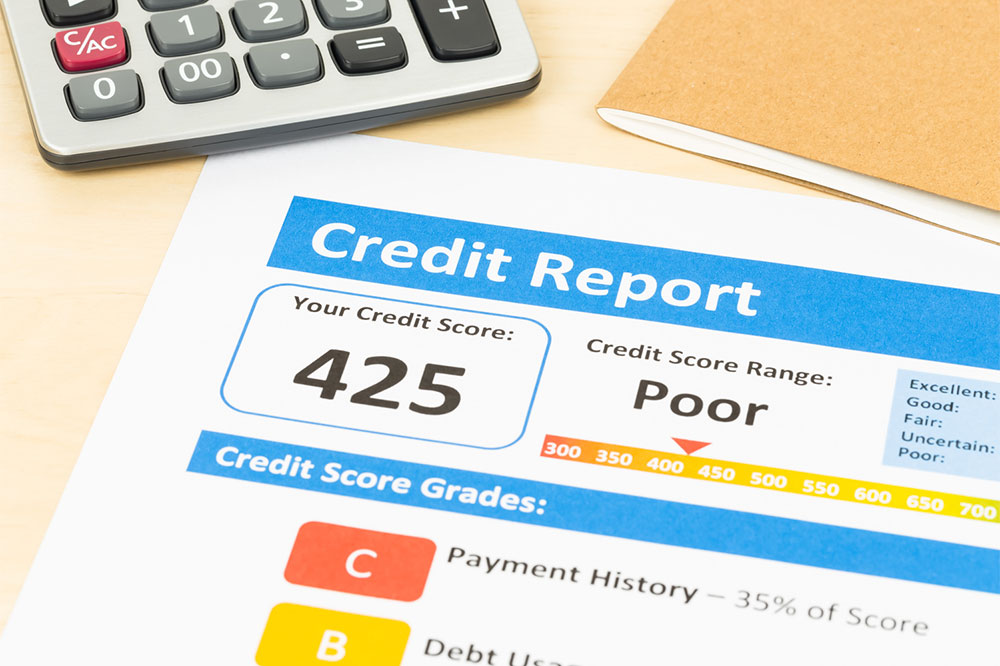Essential Guidelines for Purchasing HUD-Backed Properties
Discover comprehensive strategies for purchasing HUD-backed homes, including locating listings, qualifying, and securing financing. Learn how these affordable properties can become your ideal home or investment opportunity, with tips to navigate the process smoothly and successfully.

Essential Guidelines for Purchasing HUD-Backed Properties
For prospective homeowners and real estate investors, HUD-backed properties present a compelling opportunity to acquire affordable housing. These properties, often sold below market value, can serve as excellent primary residences, investment assets, or renovation projects. However, navigating the process of buying a HUD-backed home involves understanding specific procedures, eligibility criteria, and required documentation. Proper preparation and awareness of these factors significantly increase the likelihood of a successful transaction. Educating oneself about how to locate, qualify for, and finance these homes ensures a smoother buying experience and improves the chances of securing the property you desire.
Understanding HUD-Backed Homes
HUD-backed homes originate from mortgages insured by the Federal Housing Administration (FHA). When a homeowner with an FHA-insured mortgage defaults on their loan, the lender begins foreclosure proceedings. Once the foreclosure process concludes, the Department of Housing and Urban Development (HUD) assumes ownership of the property. These homes are subsequently listed for sale to recover losses incurred by the government and lenders. Due to their situation, HUD homes are typically sold "as-is," which means buyers should anticipate potential repairs or renovations. These properties are especially attractive to first-time buyers, real estate investors, and those seeking budget-friendly options, given their reduced prices and the possibility of customization.
HUD homes often come with enticing price points because they may require repairs or updates. Their appraised value is influenced not just by market conditions but also by the costs associated with fixing deficiencies. This affordability appeals particularly to first-time homebuyers with moderate or low incomes who are eager to own property at a lower entry cost. Additionally, savvy investors look at HUD homes as opportunities for renovation and resale, capitalizing on the potential for value increase post-repair.
Strategies for Finding HUD Listings
Leverage the official HUD Home Store website to search for available properties. The platform allows users to filter listings based on location, price, and property type.
Broaden your search area nationwide or within specific regions using postal codes, city names, or state filters. Staying flexible increases your chances of discovering suitable properties.
Consistently monitor new listings and auction updates, as HUD homes tend to sell quickly due to their affordability. Regular checks ensure you don't miss out on promising opportunities.
Engage a HUD-approved real estate agent. These professionals are experienced in handling HUD transactions, guiding you through the bidding process and helping you navigate complex procedures.
Eligibility Criteria for Purchasing HUD Homes
Senior citizens and individuals with disabilities may qualify under specific programs designed to support vulnerable populations.
You must be a U.S. citizen or possess a qualifying immigration status to purchase a HUD property.
Those living in substandard or overcrowded housing situations may be eligible to buy HUD homes.
Households that allocate over 50% of their income to rent might qualify for assistance or special programs.
Your household income must generally not exceed 80% of the median income in the area, although thresholds vary depending on location and household size.
Required Documentation for Application
Recent four consecutive pay stubs or a notarized statement of income.
Social Security award letter or proof of benefits.
Current bank statements to verify financial status.
Birth certificates for all household members to establish identity and relationship.
Social Security cards for each household member.
Funding and Financing Options for HUD Homes
Despite their lower prices, many buyers seek additional financial assistance when purchasing HUD properties. Several financing options make these homes accessible to a wider range of buyers. FHA loans are the most common due to their lenient credit requirements and low down payment options, making them ideal for first-time and lower-income buyers. These loans can also be combined with FHA's 203(k) program, which covers renovation costs for homes in need of repairs. Other financing options include VA loans for eligible veterans, USDA loans for rural property buyers, and conventional loans requiring as little as 3% down payment. Exploring these options ensures you can secure the necessary funds efficiently and affordably.
In addition to federal programs, some local agencies and nonprofit organizations offer grants or assistance programs to help with down payments or renovation costs, further easing the path to homeownership. Working with a knowledgeable mortgage lender or real estate agent familiar with HUD transactions can facilitate smooth financing and ensure you meet all requirements, maximizing your chances of success.





